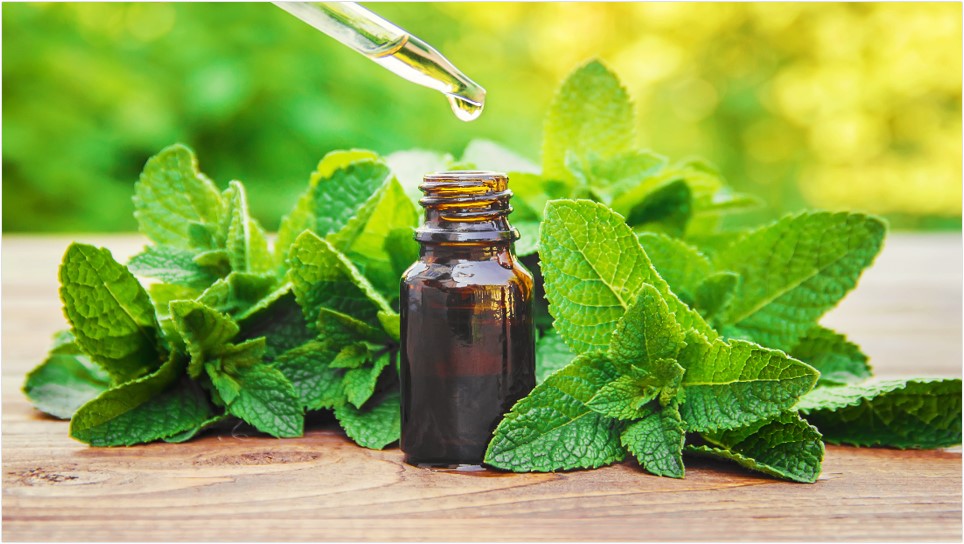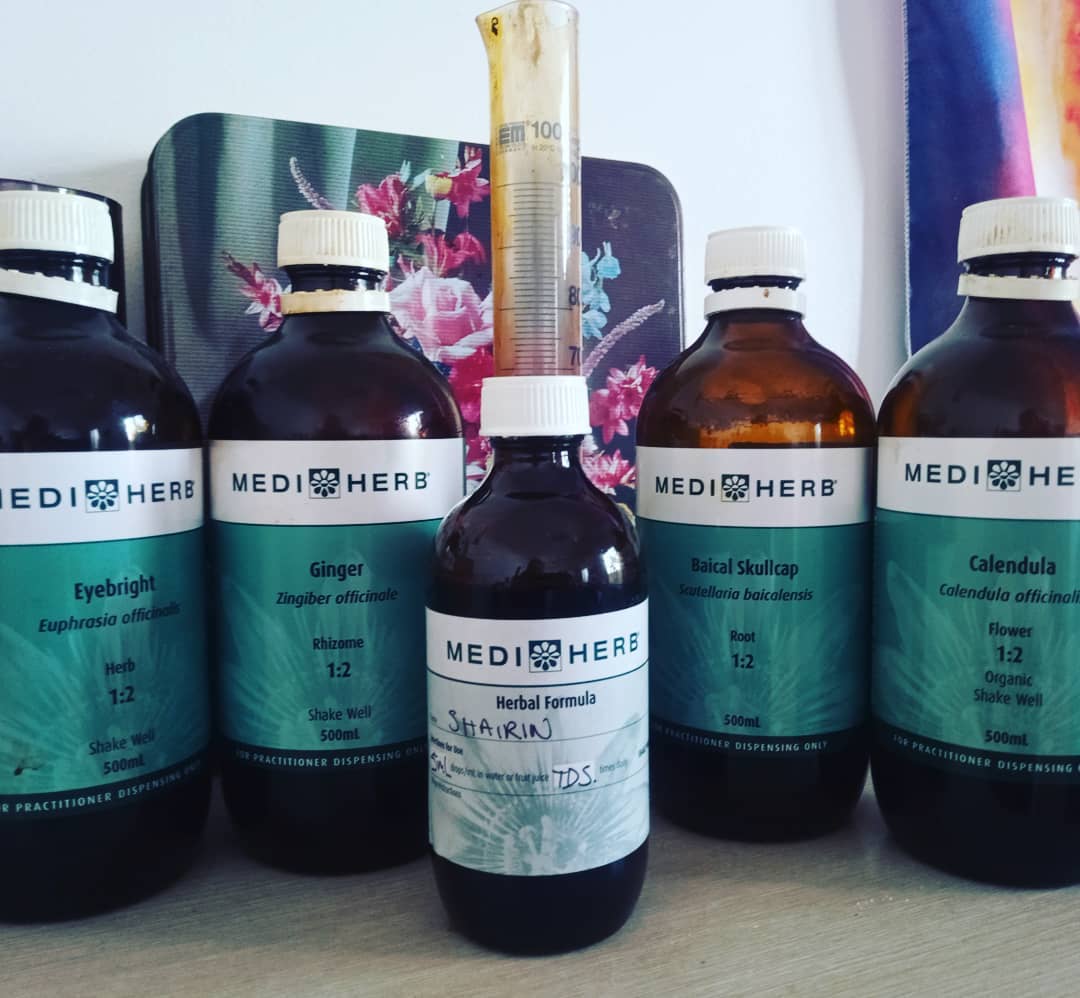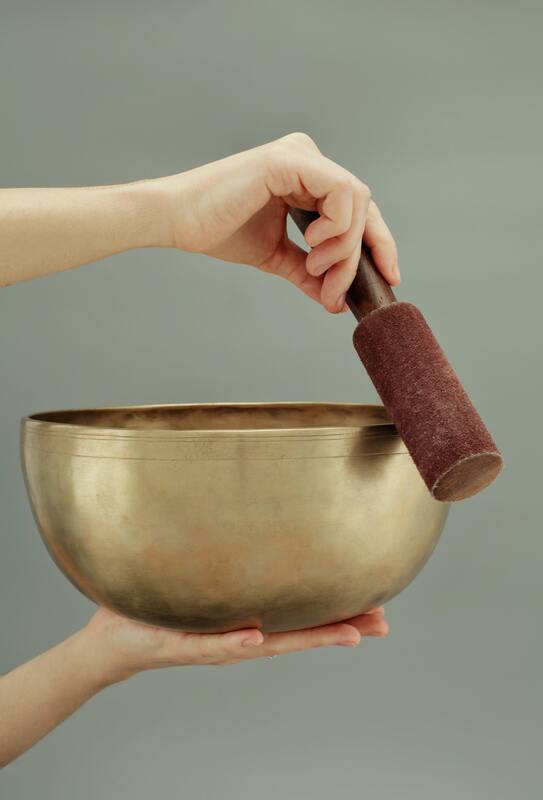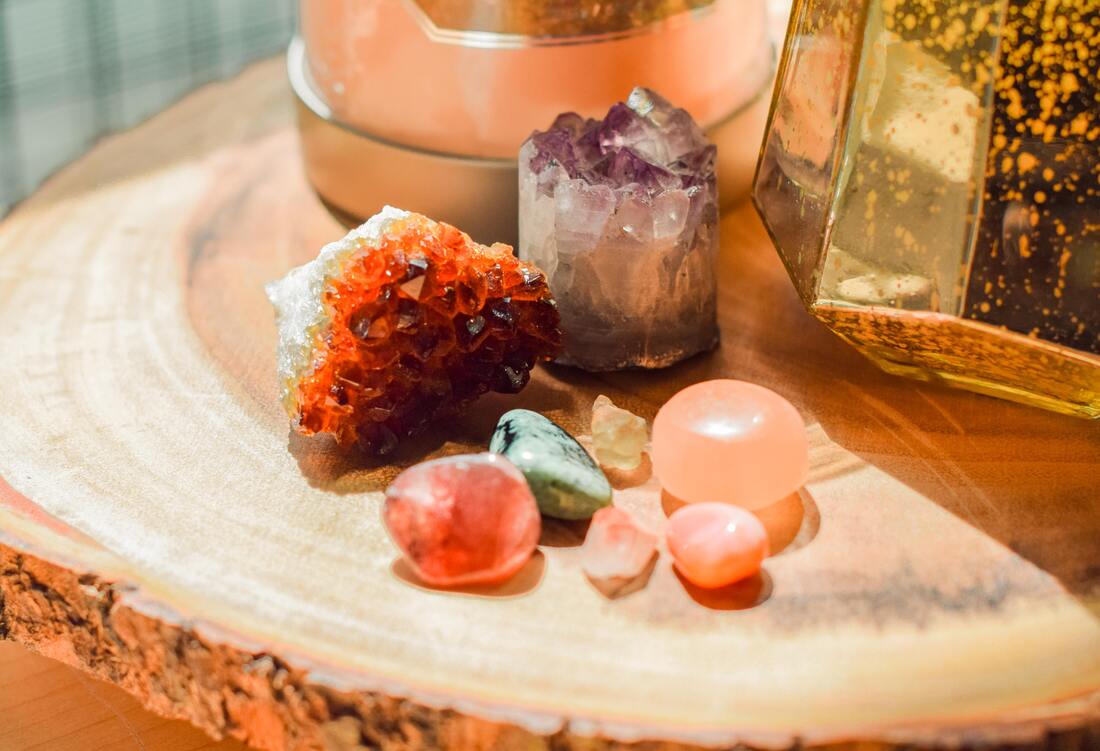PINEAPPLE is a great addition to your daily menu. It is high in some key nutrients and is clinically shown to improve some health conditions related specifically to it's chemical constituents and their biological actions on the cells and tissues of the human body. BOTANICAL NAME: Ananas comosus (Duke, 2002; Health Canada, 2016).
BRIEF HISTORY Native to South America pineapple was brought by Spanish explorers to Europe (Walters Kluwer Health, 2009). Large scale production began in the early 19th century in Hawaii. It was consumed and used to brew pineapple wine and to produce fiber (Walters Kluwer Health, 2009). TRADITIONAL USE In a comprehensive compilation of traditional herbal medicine, the Handbook of medicinal herbs (Duke, 2002) pineapple is listed as having the following actions: abortifacient, analgesic, anorectic, antiaggrefant, antibacterial, antiedemic, antiinflamatory, antioxidant, antipyretic, astringent, diaphoretic, emmenagogue, digestive, decongestant, antitumour, cholagogue, depurative, estrogenic, fibrinolytic, diuretic, laxative, parasiticide, tonic, uterocontractant, uterotonic, vermifuge, vulnerary, myorelaxant, hydrogogue, mycotractant, liplytic, antinitroaminic, antiulcer, astringent, discutient and antifertility. EDIBLE PARTS The fruit is the only edible part of this plant (Duke, 2002; Health Canada, 2016). KEY NUTRIENTS Beta-carotene, Iodine, Vitamin C, Iron (Duke, 2002; Health Canada, 2016), Vitamin A, citric acid, malic acid, essential oil, phosphatases, peroxidases, cellulases, glycoproteins, carbohydrates (Walters Kluwer Health, 2009), coumaric acid, ferulic acid chlorogenic acid, ellagic acid, manganese, thiamin, riboflavin, pyridoxine, copper, fiber (Cerbo, Llido, Barrios and Panlasigui, 2014), bromelain (Maurer, 2001; Health Canada, 2016), which contains proteinases (Maurer, 2001), and other proteolytic enzymes (Walters Kluwer Health, 2009). MAIN ACTIONS Whilst many studies focus on the phytochemical bromelain which is derived from the plant stem their value lies in the verification that this constituent is bioavailable when ingested (Maurer, 2001), thus supporting use of whole pineapple for medicinal treatment of the pathophysiological conditions verified by these studies. Actions found in clinical studies of bromelain include: antiedematous, antithrombotic and fibrinolytic activities (Maurer, 2001), anti-inflammatory (Maurer, 2001; Walters Kluwer Health, 2009), antimicrobial, immunomodulation and conditions of ulcerative colitis, burns, upper respiratory inflammation, protein digestion and sepsis (Walters Kluwer Health, 2009). A randomized controlled trial with intervention of canned pineapple consumption in school children tested markers of immunology, the immune cell glycoproteins CD4, CD8, CD19, CD20 and CD16+56, throughout the nine-week study on 98 children (Cerbo, Llido, Barrios and Panlasigui, 2014). White Blood cell counts were also conducted on 10% of participants (Cerbo, Llido, Barrios and Panlasigui, 2014). The results of this study show a reduced duration of common infections in those consuming canned pineapple daily (Cerbo, Llido, Barrios and Panlasigui, 2014). Haemoglobin count increased in the intervention groups, which is attributed to the iron and high vitamin C content and the increase in CD16+56 immunological marker which has a role in hematopoiesis (Cerbo, Llido, Barrios and Panlasigui, 2014). THERAPEUTIC (MEDICINAL USES) Statistically significant reduction in infection duration, was shown with canned pineapple doses of 160g or 280g per day (Cerbo, Llido, Barrios and Panlasigui, 2014). This is within the recommended dose of 80-320 mg raw fruit bromelain per day (Duke, 2002). Fruit bromelain is a digestive enzyme (Walters Kluwer Health, 2009) that assists with protein denaturation within a marinade or the stomach. Pineapple is beneficial for immune modulation, wound healing, inhibition of metastasis, and inhibiting platelet aggregation, due to its bromelain component (Maurer, 2001). PRECAUTIONS, CONTRAINDICATIONS, ADVERSE REACTIONS, DRUG/NUTRIENT INTERACTIONS AND CONCERNS Large doses of pineapple juice are contraindicated during pregnancy due to reported utero-contraction stimulation (Duke, 2002). Drug interactions with anticoagulants causing increased blood thinning have been reported (Duke, 2002). Increases in blood and urinary tetracyclines and other antibiotic levels are also seen with pineapple ingestion (Duke, 2002). Adverse reactions include IgE mediated allergic reaction; dermal sensitization due to constituent ethyl acrylate; unripe pineapple juice is a violent purgative; ingestion of large amounts can cause angular stomatitis (Walters Kluwer Health, 2009). Other side effects include: allergy, gastrointestinal upset, nausea, diarrhea, vomiting and metrorrhagia (Duke, 2002; Walters Kluwer Health, 2009). Bromelain supplementation in humans showed no toxicity effects at 460mg; doses of ~1840mg increased heart rate (Walters Kluwer Health, 2009). RECOMMENDATIONS, BUYING AND STORAGE The RDI of 100mg Vitamin C for adults can be achieved by consumption of 2 slices of pineapple (Walters Kluwer Health, 2009). Fresh pineapple deteriorates quickly due to its enzymatic constituents (Walters Kluwer Health, 2009). Canned pineapples retain significant amounts of vitamin C, calcium and iron (Cerbo, Llido, Barrios and Panlasigui, 2014), although not ideal this is a year-round, affordable and easily accessible source of a valuable food medicine. REFERENCE LIST Cerbo, M., Llido, L., Barrios, E. & Panlasigui, L. (2014). Effects of canned pineapple consumption on nutritional status, immunomodulation and physical health of selected school children. Journal of Nutrition and Metabolism, online. DOI: 10.1155/2014/861659 Duke, J. (2002). Handbook of Medicinal Herbs. [2nd Ed.]. London: CRC Press. Retrieved from, https://archive.org/stream/HandbookOfMedicinalHerbsByJamesA.Duke/HandbookOfMedicinalHerbs_djvu.txt Health Canada. (2016). Drugs and health products. Retrieved from, http://webprod.hc-sc.gc.ca/nhpid-bdipsn/orgpReq.do?id=565&lang=eng Maurer, H. (2001). Bromelain: biochemistry, pharmacology and medical use. Cell Molecular Life Science, 58(9), 1234-45. DOI: 10.1007/PL00000936 Walters Kluwer Health. (2009). Pineapple. Retrieved from, https://www.drugs.com/npp/pineapple.html |
AuthorShairin is a Naturopath and Usui Reiki Master/Teacher with a Bachelor of Health Science in (Complementary and Alternative Medicine and Medical Systems). Categories
All
Archives
January 2024
|







